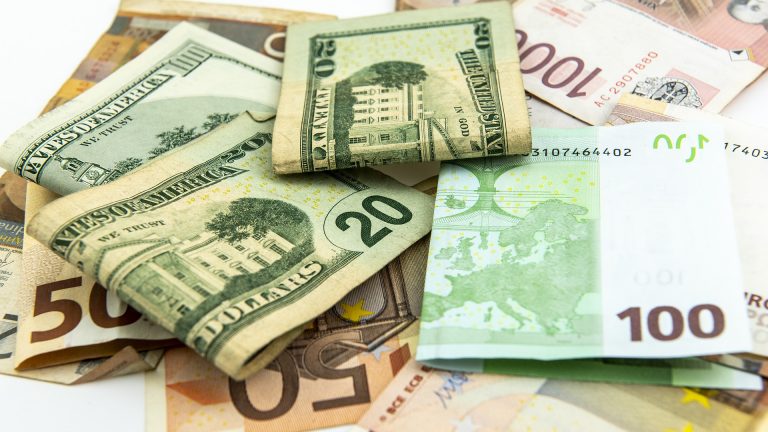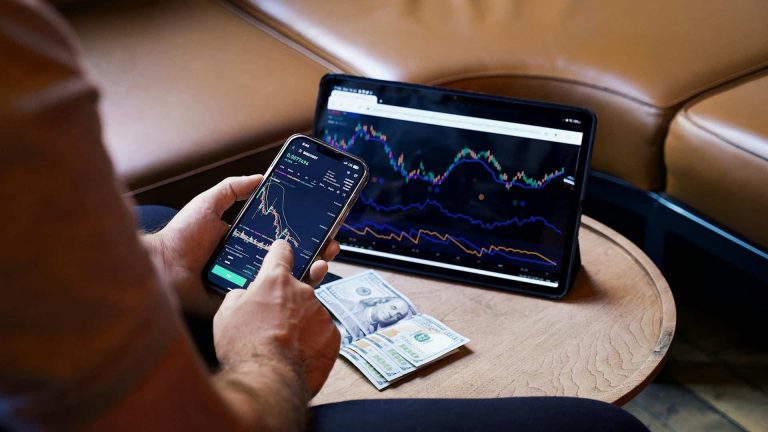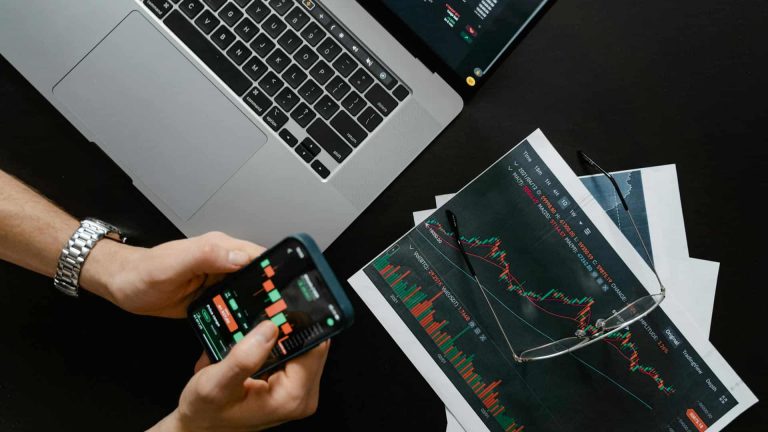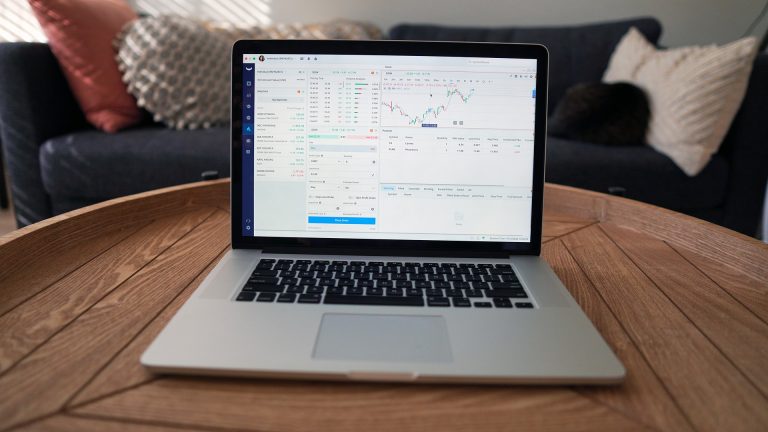Economy change
Nine years ago, the average New York cab driver would have been a rarity among his colleagues for affording a flat in Manhattan.
Today that is no longer completely accurate. With the rising house prices and the ever-increasing earnings of most workers, many taxi drivers can buy properties in some of the most expensive cities on earth.
The economy snowballed during most of the twentieth century, and wealth increased so much that it made its way from city centres into far-flung places from what was previously seen as isolated communities.
Imported products
With this growing wealth came a demand for exotic imported products such as sports cars, private planes and personal submarines, which also made their way into suburban garages all around America.
It is where currency became relevant -when you buy a product from overseas, the vendor is almost certainly going to require payment in their currency.
Currency trade
If you live in America and pay with US dollars for an item that has been manufactured in Japan, then the Japanese won’t have a use for your dollars.
It means that every foreign transaction requires a trade on currencies – either to get more readily needed ones or some other method of converting cash into a usable form.
Such foreign transactions were so rare for most people before World War 2 that they had no real impact on the overall economy – just on individual pockets’ ability to acquire foreign products.
Since then, however, globalisation has seen international interdependence grow fantastic. It also made the market for currency trading increasingly volatile.
Currency value
In the past, countries’ currencies would not fluctuate much at all against each other.
The price of a currency was tied to its value as it was backed by gold or silver- meaning that you could trade your one ounce of gold for exactly thirty US Dollars because those were both fixed values.
However, as governments became more powerful and less accountable, people began demanding their own money.
In denominations that they deemed acceptable, France might only have felt comfortable trading with another country that used Francs instead of Dollars.
It meant they had to go into the market and buy their ‘own’ currency from another country that already had it- to use it when trading internally within their borders where Francs were the dominant currency unit.
The United States, in turn, would then need to buy back the Francs they had sold France for them to be able to revert their dollars into gold.
It essentially meant that any time there was a trade with another country, only one nation’s balance sheet was affected- while the other side’s remained entirely unaffected.
But when buying products or services from another country, that transaction is said to have an overall impact on both countries involved because each respective nation will ‘profit’ or ‘be disadvantaged’.
Gold-backed currency to fiat money
The transition from gold-backed currency to fiat money is based solely on its usage as a medium of exchange and has no underlying value.
It resulted in wild fluctuations in the value of currencies since there is little or no restriction on how much of a nation’s currency may be produced and introduced into circulation.
If the US dollar was trading at parity with gold and another country had an economic boom and wanted to buy vast amounts of US dollars for their currency (say China or Japan).
They could do so, and this would drive up demand for the US$, which might make it worth significantly more than its original value.
It would mean that any American travelling overseas would find themselves significantly advantaged because their native currency was far more valuable than before, making overseas purchases much cheaper.
In conclusion
To stop this from happening and keep a currency stable- central banks across the world have been intervening in the market when large transactions are taking place.
It is done by selling or buying back a nation’s currency depending on what they feel will help maintain its value.




